
The Next Plague Is Coming. Is America Ready?
The epidemics of the early 21st century revealed a world unprepared, even as the risks continue to multiply. Much worse is coming.
July/August 2018 IssueOr, select a topic below to start your search.
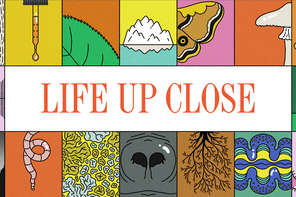
Travel the world to see microbes, plants, and animals in oceans, grasslands, forests, deserts, the icy poles—and wherever else they may be.
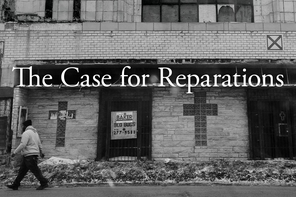
Atlantic writers reckon with America's history of racial plunder.

Fifty years after the assassination of Martin Luther King Jr., a commemoration of his life and work—and a reflection on the reality of today's America.

A guide to life on a warming planet, featuring the biggest ideas and most vital information to understand Earth’s changing climate, climate policy, and more.
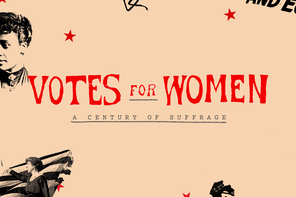
The signing of the 19th Amendment in 1920 gave women the right to vote, but the complex fight for suffrage didn’t end there.

From 2018 through the first year of the pandemic, the most experienced teachers in America’s education system reflected on their careers, their schools, and the history they’ve witnessed.
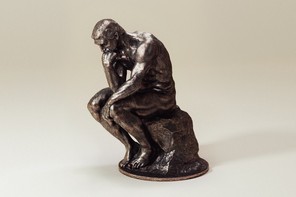
Making sense of the dawn of a new machine age.
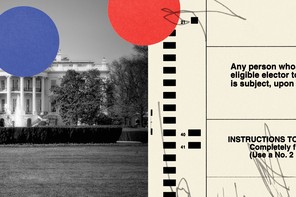
Coverage from the latest election cycle, including campaigns, primaries, and conventions.
Special Project
Contemporary Atlantic writers reflect on 25 voices from the archives who helped shape the publication—and the nation.

The epidemics of the early 21st century revealed a world unprepared, even as the risks continue to multiply. Much worse is coming.
July/August 2018 Issue
The growing need for research workers and scientists has opened new doors for both single women and those combining marriage and a career.
October 1957 Issue
Marijuana has not been de facto legalized, and the war on drugs is not just about cocaine and heroin. In fact, today, when we don’t have enough jail cells for murderers, rapists, and other violent criminals, there may be more people in federal and state prisons for marijuana offenses than at any other time in U.S. history.
August 1994 Issue
Space scientists won’t say so, but the results of three brilliantly conceived experiments lead inevitably to one startling conclusion: Life, in some form, exists on Mars.
June 1977 Issue
An American abroad in Chernobyl’s aftermath confronts the half-life of truth
January 1987 Issue
Since that fateful night of April 1912, what have we done in the way of reform that will go toward averting another such disaster?
August 1913 Issue
The lyrics to Julia Ward Howe’s patriotic classic premiered in the February 1862 issue of The Atlantic.
February 1862 IssueCoates, the author of Between the World and Me, wrote “The Case for Reparations” as a national correspondent for The Atlantic.
Woolf was a novelist and a pioneer of literary modernism.
Before writing Silent Spring, Carson made her mark as an environmental journalist with the Atlantic essay “Undersea.”
White was an essayist, a novelist, and a grammarian. His Atlantic essay “Death of a Pig” was a nonfiction prototype for Charlotte’s Web.
West’s reporting on her travels through the Balkans, published in The Atlantic in 1941, was compiled in the book Black Lamb and Grey Falcon.
One of the most popular writers of his time, Dickens was the author of works including A Christmas Carol and A Tale of Two Cities.
Smith is an Atlantic contributing writer, a playwright, and an actor.
Auden published his first poem for The Atlantic in 1939, the year he emigrated from England to the United States.
Vonnegut was the author of 14 novels, as well as numerous short-story collections, plays, and works of nonfiction.
When you buy a book using a link on this page, we receive a commission. Thank you for supporting The Atlantic.